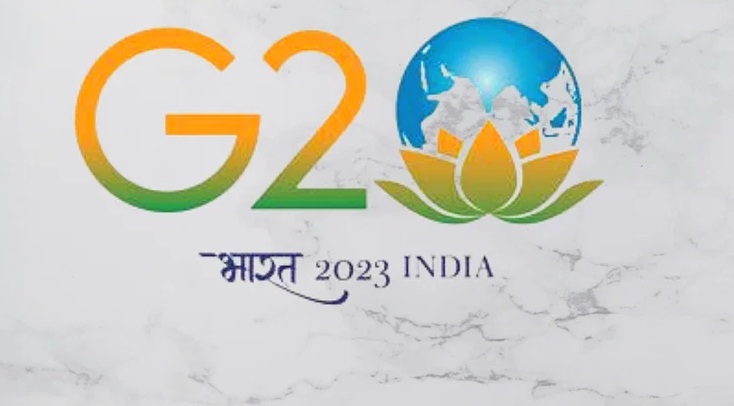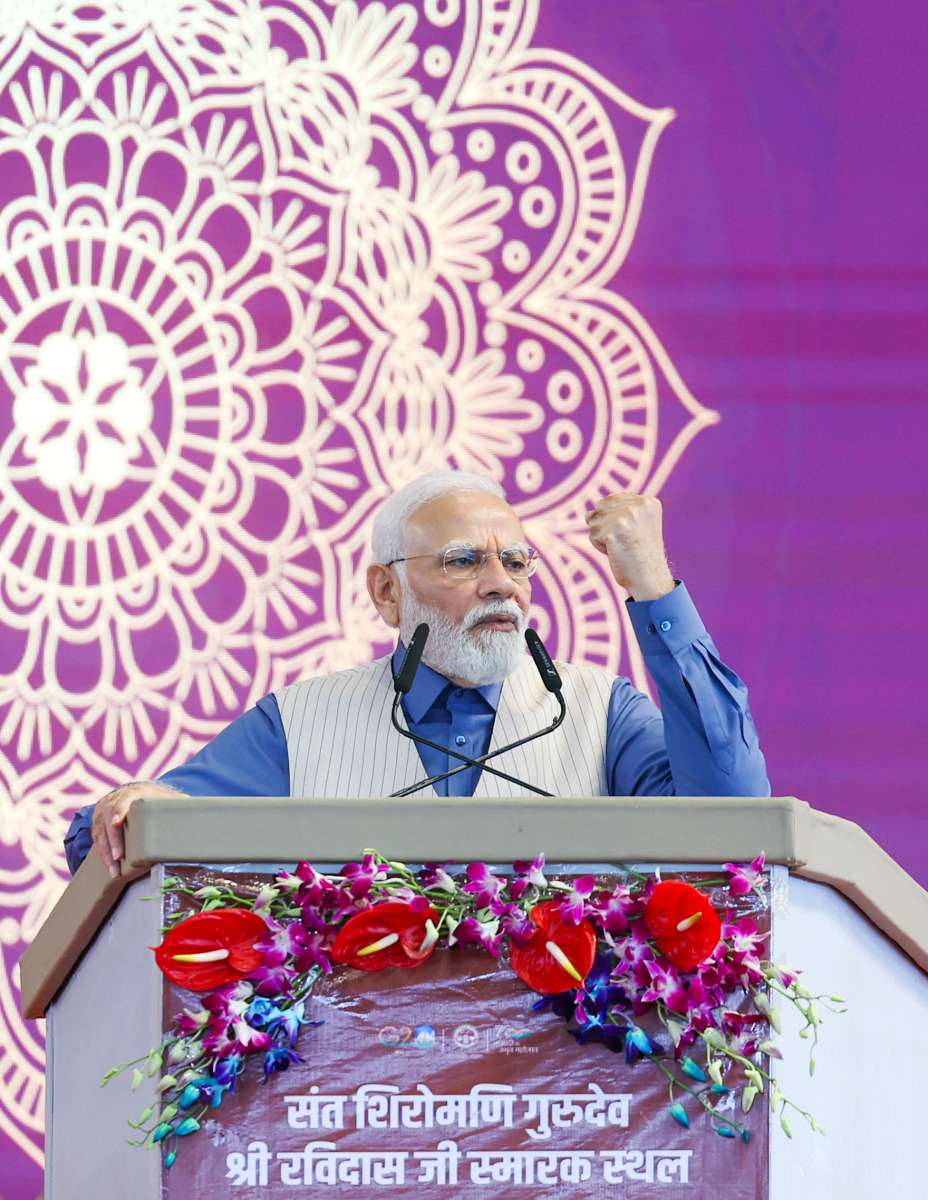The clarification came after reports in the media said China had objected to the use of non-UN languages like Sanskrit in any of the G20 texts being negotiated….reports Asian Lite News
Defending the use of the Sanskrit term ‘Vasudhaiva Kutumbakam’ (The world is one family) in its G20 logo, the Ministry of External Affairs said it uses only the “English version” of the phrase — “One Earth, One Family, One Future” — in its summary documents and outcome statements.
The clarification came after reports in the media said China had objected to the use of non-UN languages like Sanskrit in any of the G20 texts being negotiated.
“The working language of the G20 is English,” said Ministry spokesperson Arindam Bagchi in response to a number of reports that pointed out that the language in the recent Energy Transition Ministers’ Meeting (ETMM) in Goa in July had omitted the Sanskrit phrase after Chinese interventions.
“The theme of India’s G20 Presidency in English is One Earth, One Family, One Future. This is based on our civilisational ethos of ‘Vasudhaiva Kutumbakam’ which has received widespread support and permeates many of the initiatives that India has brought on to the G20 agenda,” he said, pointing out that the G20 letterhead during the Indian Presidency contains the term in the Devanagari script as well as English.
Media reports had said that China was the only country objecting to the use of the phrase, and even Russia, which has consistently opposed the language in G20 text with regard to Ukraine, has not joined in the Chinese position on it.
According to a number of diplomatic sources, the objection to Sanskrit is one of the several areas where Chinese and Indian negotiators have been wrangling over the past few weeks as the Chinese delegations have taken a more confrontational stance over several phrases introduced by the Indian G20 Sherpa team.
These include language on the promotion of millets, the “Lifestyle for Environment” (LiFE) initiative proposed by Prime Minister Narendra Modi, and even terms like “gender-led development”, which the Chinese delegation claimed was supplanting UN-agreed language for Sustainable Development Goals (SDGs).
As a result, the G20 summaries and outcome documents have only referred to “Lifestyle for Sustainable Development”, and “gender-equality”, in line with the UN-agreed texts, while the reference to millets has been restricted as well.
The sources, who were privy to the ongoing G20 meetings that are leading up to the summit on September 9 and 10 in Delhi, said that the tensions between the Chinese and Indian delegations have been particularly marked over the past few weeks.
Some also suggested that the Chinese objections have grown more marked since the Shanghai Cooperation Organisation (SCO) Summit chaired by India in early July.
At the summit, India refused to sign an “SCO Economic Development Strategy” document proposed by Tajikistan that other SCO countries, including Russia, Pakistan and Central Asian States, had agreed to, as it contained “China-specific” references to the Belt and Road Initiative (BRI) and the new Global Development Initiative (GDI) that India is not a part of.
Meanwhile, two joint statements proposed by External Affairs Minister S. Jaishankar during the SCO Foreign Ministers’ Meeting, on millets and environmental lifestyles, were not agreed to for adoption.
With less than a month to go for the G20 summit, Sherpas are hopeful of resolving the differences in order to release a joint statement, or Leader’s Declaration, with observers suggesting that a possible meeting between Chinese President Xi Jinping and Prime Minister Narendra Modi, who has announced he will attend the upcoming BRICS Summit in South Africa on August 22-24, could see some forward movement on the -20 text issues.














